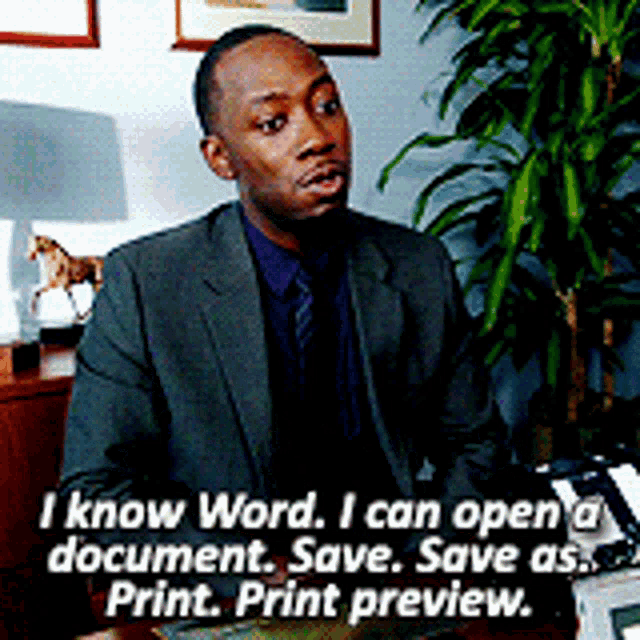Many graduate recruiters see piles of CVs and interview hundreds of applicants to fill jobs and placement roles. So, what sets a good candidate apart? We cornered some of NI’s top recruiters at the Graduate Recruiter and Placement Fair last week to find out. Here is what they had to say…
Include skills developed through extracurricular activities
“It is important to appreciate that on paper, all graduates from the same degree programme look the same. However candidates who succinctly articulate how their skills and experience meet the essential and desirable criteria outlined on the Job Description will stand out, as this shows they have considered the requirements of the role and thought about how they will bring value to the organisation. I would encourage students to really think about what they have achieved outside of their academic qualification. Reflection upon the skills developed through involvement in extracurricular activities such as clubs, societies, sports, volunteering and work experience, and setting this in the context of the competencies employers seek, will set your application apart from others.”
Kim McAllister, Talent Acquisition Manager, Almac Group
EDITOR’S NOTE: Queen’s Degree Plus programme provides an opportunity to articulate the skills you have built up through extracurricular activities to employers. Find out more at GO.QUB.AC.UK/DEGREEPLUS
Show that you are keen
“If we get the feeling that you are super keen and can’t wait to get started sometime that is worth even more than a high score in the technical test. “
Elisa Herbig. Talent Acquisition Specialist at AquaQ Analytics
Make sure your CV hits the mark
“Your CV doesn’t need to be elaborate or fancy. A lot of the time what really helps people is having something presentable that is easy to read. For the recruiter who is going to be reviewing it. Making sure the formatting is correct. Making sure there are no typos. Making sure the application is as easy to read as possible. Highlight any relevant experience for the role. Voluntary experience is good to include. Even if you have been working part-time show you have been doing something alongside your academic studies.”
Adrian McCarthy is the manager of For Purpose
Relax in the interview
“Top interview tip – relax! We are just as nervous as you are. We want to sell you the job as much as you want to sell your skills to us. We want to make sure this is somewhere you want to work.”
Joelene Ridgill , Purchasing Manager at Seacoya Group Ltd
Include work experience in your CV
“It sounds obvious but, in terms of a winning CV, good grades go a long way. It shows that the applicant knows how to put the work in to achieve their goals. It’s also very important to have some work experience or extracurricular activities since a candidate will have gained invaluable skills and experiences that they can bring into their new role. It also shows their adaptability and an appreciation for hard work.
For an interview, it’s easy to say but just try to relax and be yourself. Your CV already shows many of your skills and this is a chance to show your personality. Remember that interviewers are just people, and someday it will be you in the interviewer’s seat!”
Sarah Fleming, Senior Manager, Muldoon & Co
Read assessment centre instructions
“At Liberty IT, we don’t ask for your CV when you apply. We only ask for your basic details such as what you’re studying and what year you’re in. If you meet the criteria you will then be invited to complete an online coding test through Codility and if you’re successful in that you get to attend our recruitment centres.
The recruitment centre is broken up into four sections to make sure we get the best idea of your skills, experience and potential. To do well, make sure you read the advice we’ll send you, be yourself and try to enjoy the experience.”
Birgitta Swanberg, Senior Talent Acquisition Specialist, Liberty IT
Tailor your CV for the role
Information within a CV needs to be clear and concise. No long paragraphs. Ensure your skills and experience are easily identifiable throughout. Remember the recruiter looking at your CV doesn’t know you so highlight your relevant experience using the job description. To help you refine your CV to the role and make it stand out from the pile. Finally don’t forget to include personal achievements. Competing in team sports is a good indicator that you work well within a team and have competitive nature.
Clodagh Mckeefry, Corporate Recruiter, MRP
Show who you are as a person
I want to see what you do in your free time. An academic record is fantastic but I want to know about your volunteer experience, part time jobs, clubs you’re a part of, etc. It’s all about showing people that you are capable of doing more and pushing yourself.
Jared Kearney, Senior Campus Recruiter, Citi UK and Citi Irelan





















